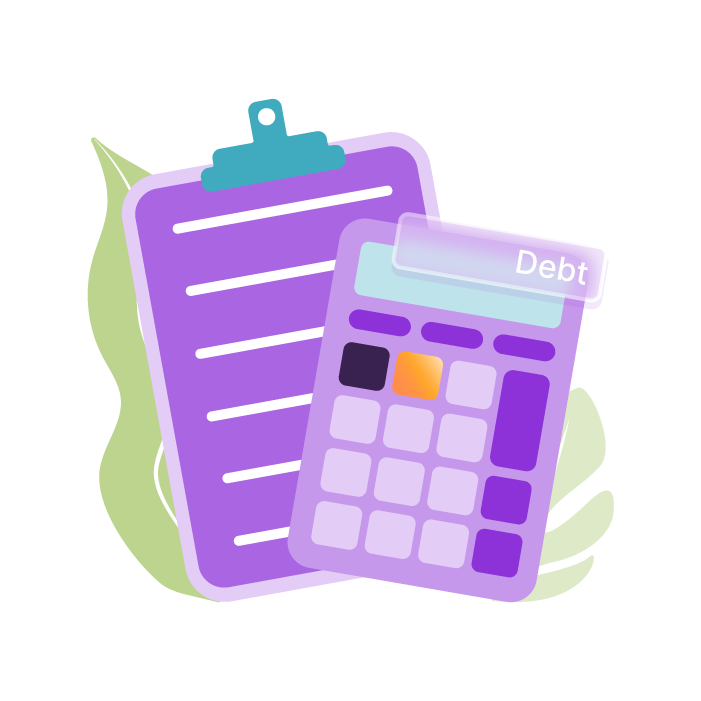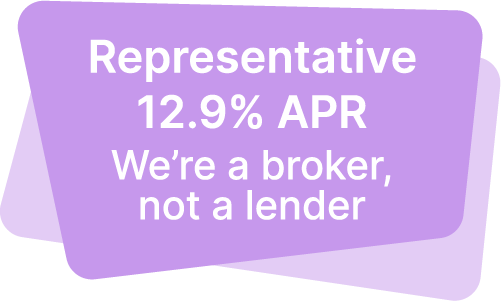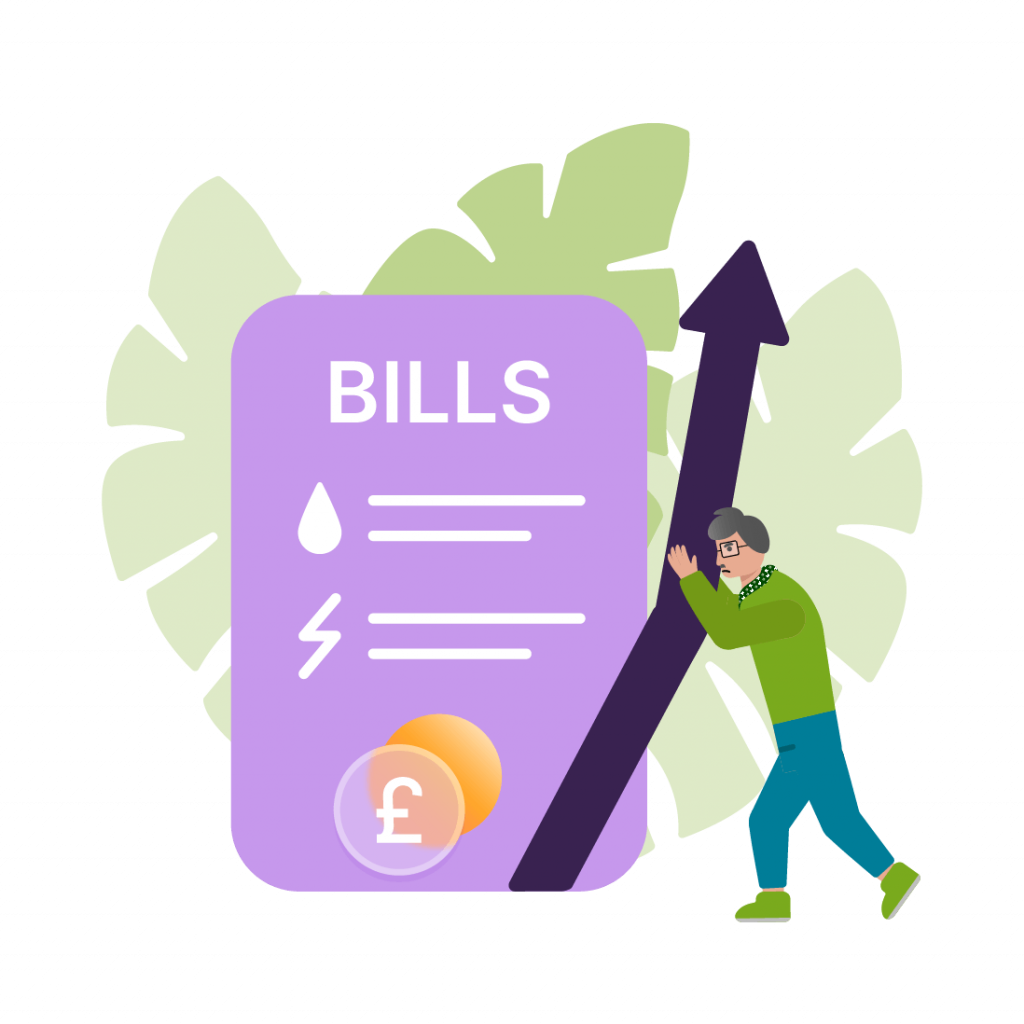
The Normality of Debt
Debt is a normal part of life, but do you owe what many consider to be "normal"? Take a look, find out, and - if you want - do something about it.
In this article, we'll cover:
These days, it’s almost impossible not to accumulate debt. With the cost of living, transport, and bills seemingly increasing while wages fail to keep pace, getting into arrears is often something which cannot be avoided.
Demonstrating this, a recent survey revealed that more than 60% of Britons started 2020 in some form of debt. Potentially, this could include credit cards, personal loans, or a range of other costs.
At this point, some people may jump to conclusions about the purpose of these expenses. However, as evidenced by the research above, this is a normal part of society. This is not a group solely obsessed with material gain and unwise spending. Instead, it’s important to clarify the difference between good and bad debt.
The difference between good and bad debt
Ask someone about good and bad debt and, chances are, they won’t see a distinction. However, the reason why so many of us are in arrears is probably due to ‘good debt’. These costs help us move on with our lives and make things better. For example, to secure better prospects, many people choose to go to university. To afford the fees though, it’s often vital to take out a loan.
Otherwise, it’s usually impossible to get on the property ladder without taking out a mortgage. Another example is weddings. As these are generally expensive occasions, you may need to take out a loan first before being able to marry your partner.
Bad debts, on the other hand, only occur when expenses become unmanageable. There are several ways to identify if you have a bad debt:
- You don’t see a way to pay off the money in a reasonable amount of time.
- The combined Interest rates and charges put you into persistent debt.
- You cannot comfortably afford the monthly repayments.
If this sounds familiar, you may wish to get in touch today. We’ll discuss your options and help identify whether debt consolidation is the best option for you.
What is Debt ConsolidationWhat is ‘normal’ debt?
In a separate study, published last year, it was revealed the average person held debts just short of £7,000. However, around 16% of respondents wouldn’t start worrying about their financial situation until they owed more than £10,000.
Indeed, a common sentiment of the research was how normal debt is – with aspects such as ‘using an overdraft’ regarded as a necessary part of life. Furthermore, the average person only considered themselves to be ‘in debt’ once they owed almost £3,900.

Debt is normal – but you can still do something about it
Although it’s nice to know that debt is something which isn’t only affecting you – far from it as it turns out – you don’t have to just accept it. If you’re uncomfortable with the amount you owe, and want to do something about it, contact us and we’ll talk to you about debt consolidation.
Potentially, you could repay your lenders within 24 hours and be well on the way to a more manageable financial future.
Contact Us
Representative Example: Borrowing £7,500 over 60 months, repaying £167.57 per month, total repayable £10,054.20.
Total cost of credit £2,554.20.
Interest rate 12.9% (variable).
The lenders on our panel offer loans for 12-120 months, with rates from 4.4% APR to 49.9% APR.


